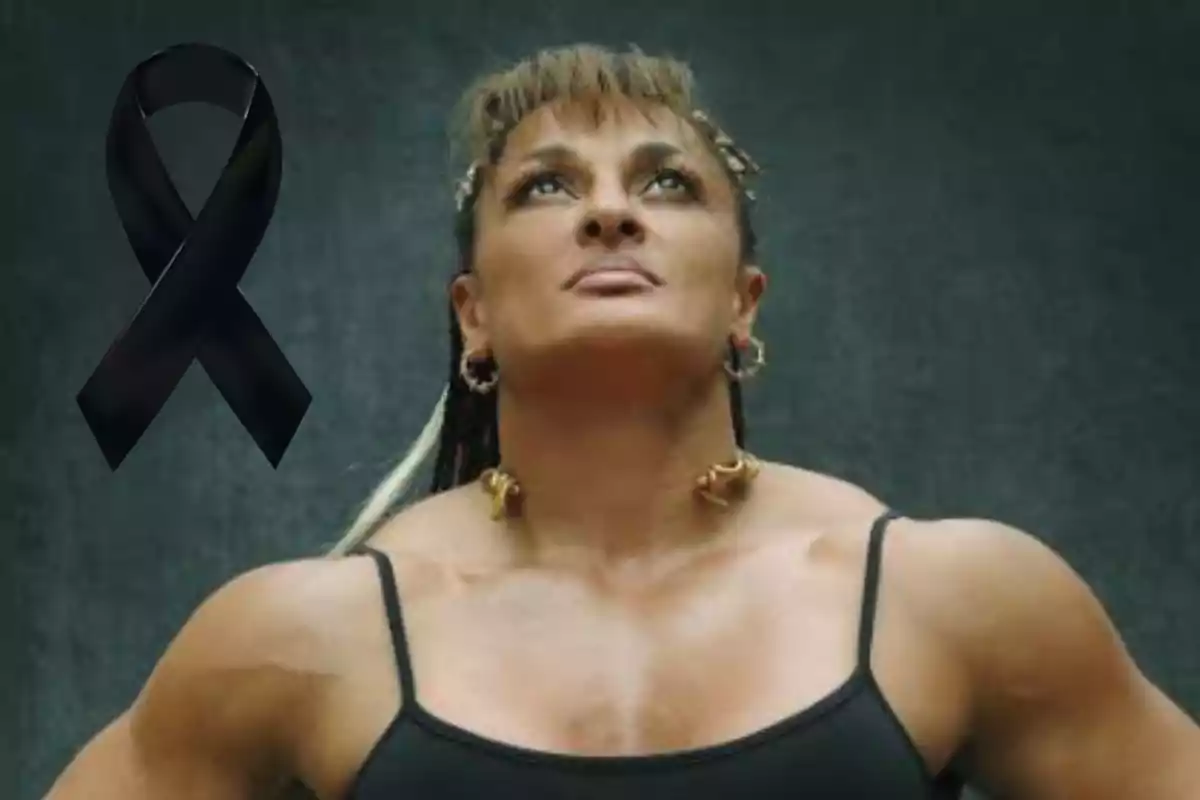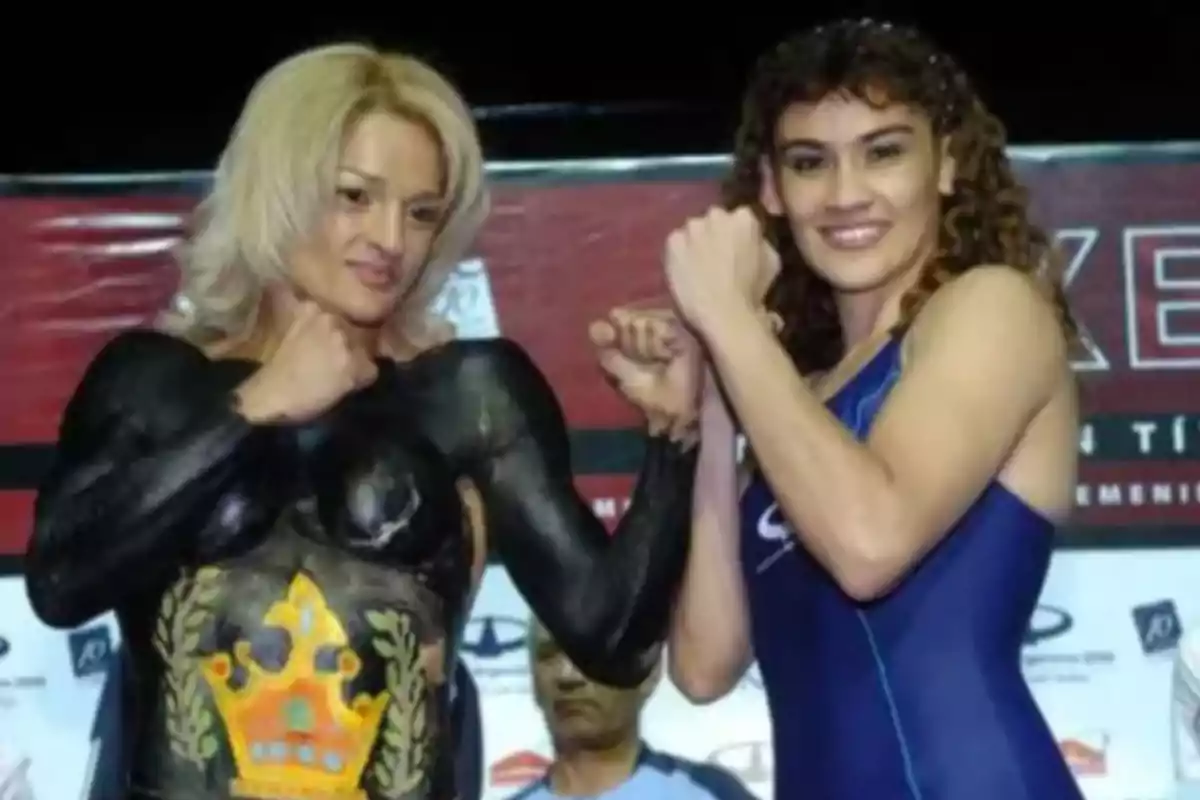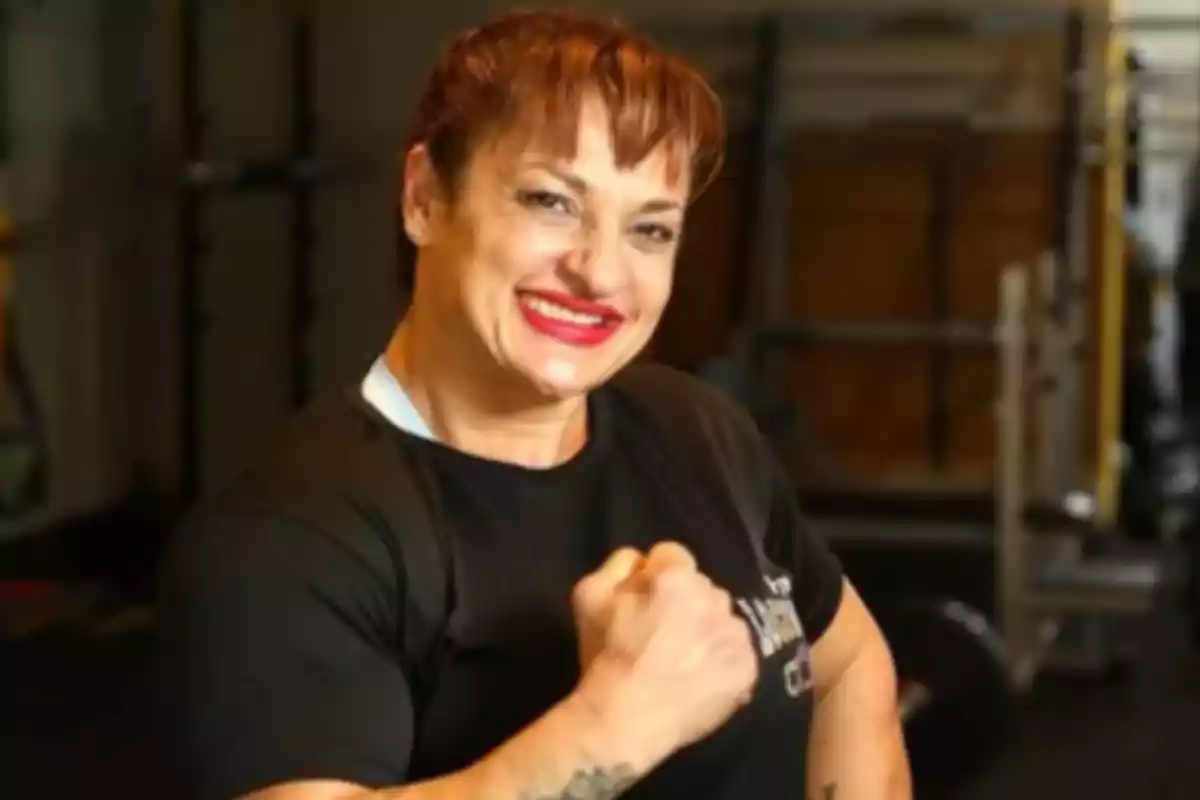
Alejandra 'Locomotora' Oliveras has died: she had irreversible brain damage after a stroke
The former world boxing champion passed away at 47 years old. She will be laid to rest this Tuesday at the Santa Fe Legislature
Alejandra "Locomotora" Oliveras passed away this Monday at the age of 47, after two weeks of hospitalization in critical condition due to a stroke. The last medical report indicated that the mechanical respirator had been removed and that her prognosis was guarded, but this afternoon the sad news that everyone mourns became known.
The former boxer remained hospitalized at José María Cullen Hospital, in the city of Santa Fe, and was in delicate condition after suffering an ischemic stroke last Monday, July 14. It was reported that she died at 4:00 p.m.
The final farewell to Alejandra "Locomotora" Oliveras will take place this Tuesday, between 5:00 p.m. and 9:30 p.m., at the Legislature of the Province of Santa Fe, located at General López 3055. There, she will be mourned by family, friends, sports figures, and admirers who wish to pay tribute to one of the most emblematic figures in Argentine boxing.
A historic champion and a symbol of resilience
With six world titles in five different categories, Oliveras marked a turning point in Argentine women's boxing. Her career left an indelible mark: 38 professional fights, 33 victories —16 by knockout—, three defeats, and two draws, according to the specialized portal BoxRec.
Her first defeat came at the iconic Luna Park, when she faced Marcela "La Tigresa" Acuña for the WBC title in 2008. Oliveras fell in the fifth round after receiving a blow to the back of the neck that she described as "illegal," and she claimed that the judges "robbed her of the fight." The rematch, highly anticipated by the public and by herself, never materialized.
In 2015, she achieved one of her most ambitious dreams: entering the Guinness World Records as the first woman to win world titles in four different divisions, with all her championship fights decided by knockout. In an article she wrote for Orato World, she recalled: "I bought my first gloves after becoming world champion. Before that, I fought with sparring partners' borrowed gloves."

A life marked by struggle inside and outside the ring
Born in Jujuy, Alejandra not only became a reference in boxing, but also a symbol of personal overcoming. She was a victim of gender-based violence in her youth, and that experience determined her decision to train: "When he hit our son, I said: 'Enough, murderer, criminal.' He hit me hard. I said: 'This is the last time, I'm going to defend myself.' I started training. It's fear that paralyzes you. I faced my fear."
Her admiration for Mike Tyson, material hardships, and her frustrated desire to study marked her path. "My dream was to be a lawyer, dancer, singer, karateka, and astronaut. That's what I said I would be at 12 years old, but I couldn't study: the university was 62 miles (100 kilometers) away and I didn't even have enough to eat."
She was trained by the legendary Amílcar Brusa, who also coached Carlos Monzón and is in the International Boxing Hall of Fame. Those experiences shaped her indomitable character, which she also poured into motivational talks and social media, where thousands of people began to seek her out for advice.
"They ask me for advice and I give it to everyone from the heart," she said. That vocation led her to enroll in the Psychology program at the University of Morón, with the goal of gaining tools to professionally help those going through difficult situations. "What I am today is because I first had to motivate myself," she confessed.

The dream of a movie and a message of life
La Locomotora dreamed of bringing her story to the big screen. She said she wanted to tell it in order to help others overcome their problems. After the stroke, an emotional video went viral in which, interviewed by Alejandro Fantino on Animales Sueltos, she spoke about the meaning of life and the pain of losing her parents. "It will happen to me too. I could die at any moment. I hope I reach 75. But if you don't enjoy the little tea you're drinking, what's the point of life?" she reflected.
There, she also recalled her childhood marked by poverty: "I wanted an ice cream, I watched people with ice cream and my mouth watered. I didn't even have enough for a piece of gum. I always fought. If you don't fight, life has no meaning."
Political activity and a truncated destiny
The very day of her hospitalization, Alejandra Oliveras was supposed to represent the Frente de la Esperanza as a constituent in the Reforming Convention of the Constitution of Santa Fe. Her participation was linked to key issues such as the governor's reelection, municipal autonomy, and the expansion of citizens' rights. That civic commitment remained unfinished.
More posts: